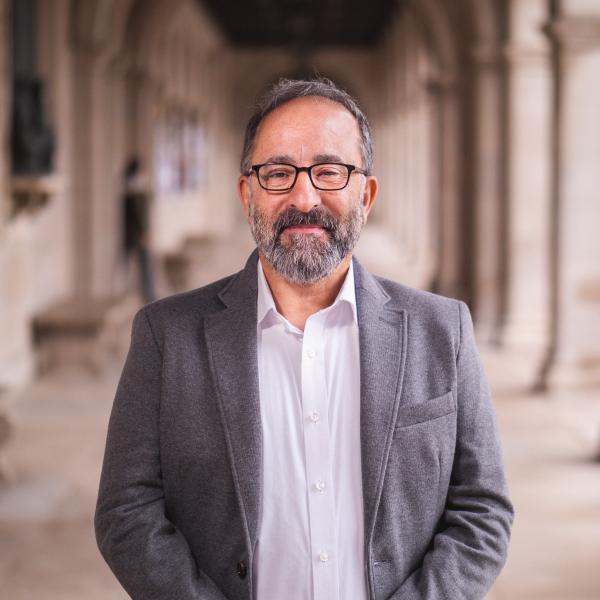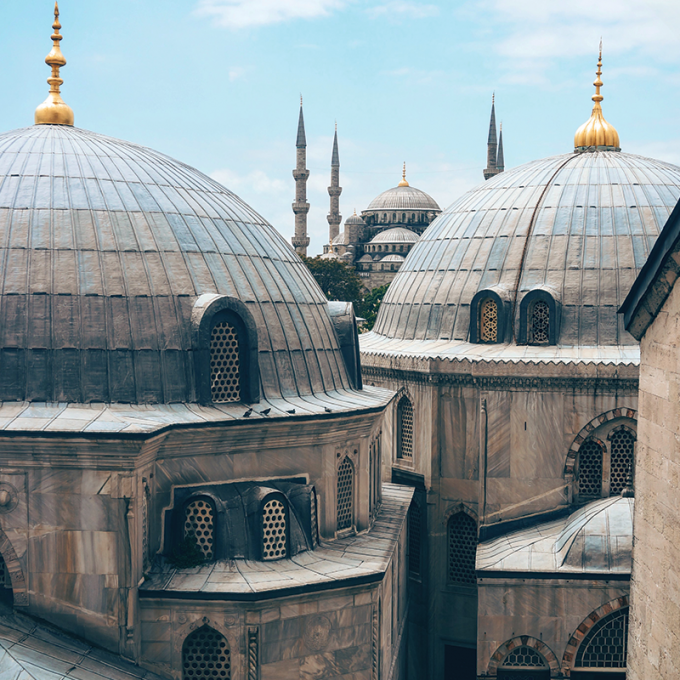Hayrettin Yücesoy is a historian of premodern Middle East. His particular research interest has been in political practice and thought, political messianism, language and politics, and the historiography of these themes across premodern literature.
In his research and publications, Yücesoy explores the intersection of discourse and political practice as well as the polyphonic and dialogic fabric of texts. In his research, he seeks nonconforming and resistive voices to keep both modern and premodern “master narratives” in check and explore the possibilities of bottom-up history. Looking beyond the blanket categories of “culture” and “religion” as a basis of historical interpretation, he considers the capacity of language to express and more importantly generate life-worlds, social positions, connections, and power-relations as his main research direction. Recently, he focuses his research on discourses of “good governance,” rather than political-theology, as an entry-point to trace a genealogy for non-theological discursive practices of politics in the Middle East.
Over the course of his career, he has published in English, Arabic, and Turkish. His recent monograph, Messianic Beliefs and Imperial Politics in Medieval Islam: The Abbasid Caliphate in the Early Ninth Century, is an attempt to understand the intersectionality of discourse and practice in the specific case of an early ninth century Abbasid caliph’s political conduct. In his earlier monograph, The Development of Sunni Political Thought: The Formative Period (published in Arabic), he examines the formation of Sunni political discourse in the socio-political, and theological context of ca. 8-10th centuries.
He has explored various dimensions of political discourse and practice in several published articles including “Language of Empire: Politics of Arabic and Persian in the Abbasid World,” “Translation as Self-Consciousness: The Abbasid Translation Movement, Ancient Sciences, and Antediluvian Wisdom (ca. 750-850),” “Ancient Imperial Heritage and Islamic Universal Historiography: Al-Dinawari’s Secular Perspective,” “Political Anarchism, Dissent, and Marginal Groups in the Early Ninth Century: The Ṣufis of the Mu’tazila Revisited,” and “Justification of Political Authority in Medieval Sunni Thought” in prestigious journals and edited volumes.
He currently teaches courses on premodern political thought and practice, history of food, history of slavery, the prophet Muhammad, history of Islamic civilization, and history of premodern Middle East as an exercise in post-orientalist, bottom-up, world-historical practice to resist the lingering cultural arguments as historical interpretation.



